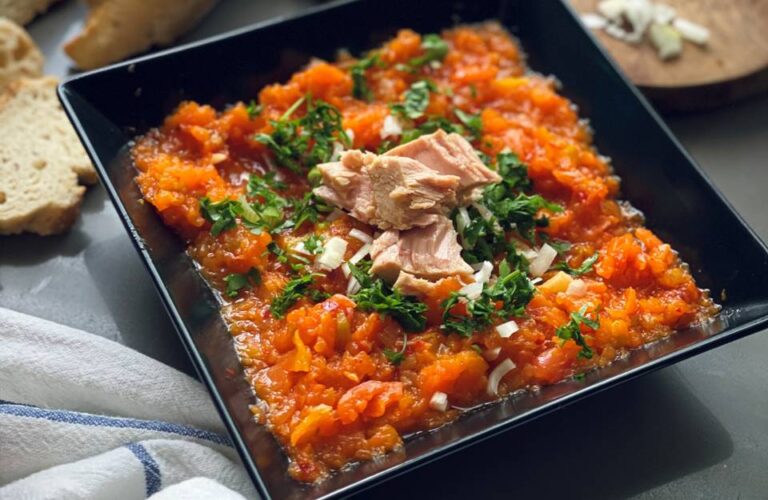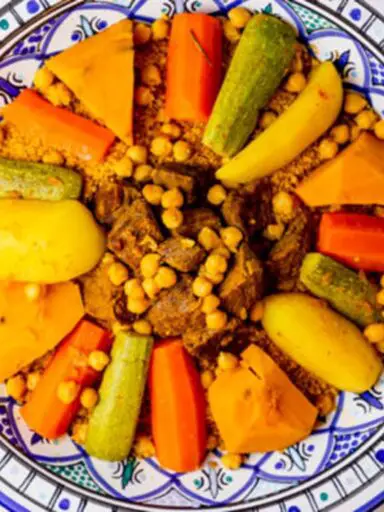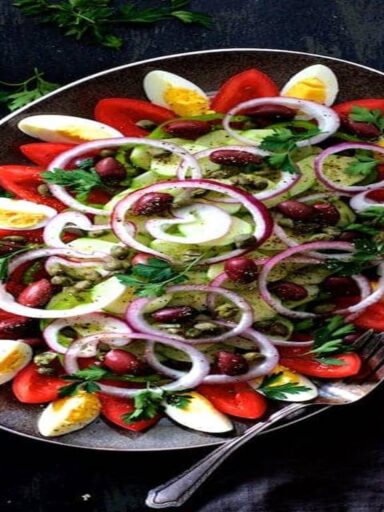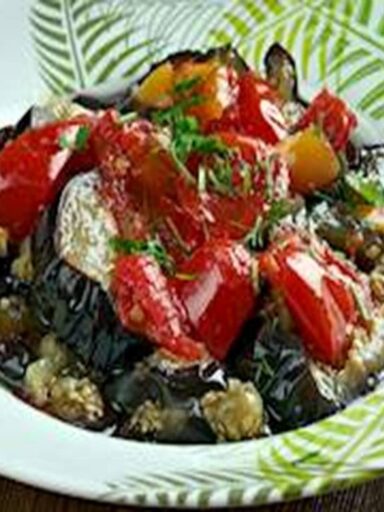A Traditional Tunisian Salad
Houria traditional Tunisian salad celebrates the simple yet vibrant flavours of North African cuisine. This dish, primarily made with cooked carrots, is a delightful combination of fresh, spicy, and tangy elements, reflecting the rich culinary heritage of Tunisia. Houria, meaning “freedom” in Arabic, is a fitting name for this salad, as it allows for flexibility in ingredients and seasonings, making it a versatile dish that can be adapted to various tastes.
Preparing the Houria Salad
To prepare Houria, carrots are the star ingredient. They are typically boiled or steamed until tender but not mushy, retaining a slight bite. Once cooked, the carrots are mashed or finely chopped, depending on the desired texture. The dressing is what gives Houria its distinct flavour profile. It usually includes a mix of olive oil, lemon juice, and harissa—a fiery Tunisian chili paste that adds a robust kick to the dish. Garlic, cumin, and coriander are commonly added, providing earthy undertones that balance the sweetness of the carrots.
Garnished with Olives and Capers
The salad is often garnished with olives, capers, or chopped parsley, adding both colour and a burst of fresh flavour. Some variations of Houria also include additional vegetables like tomatoes or bell peppers, enhancing the dish’s complexity and nutritional value. The harissa can be adjusted to suit one’s spice tolerance,
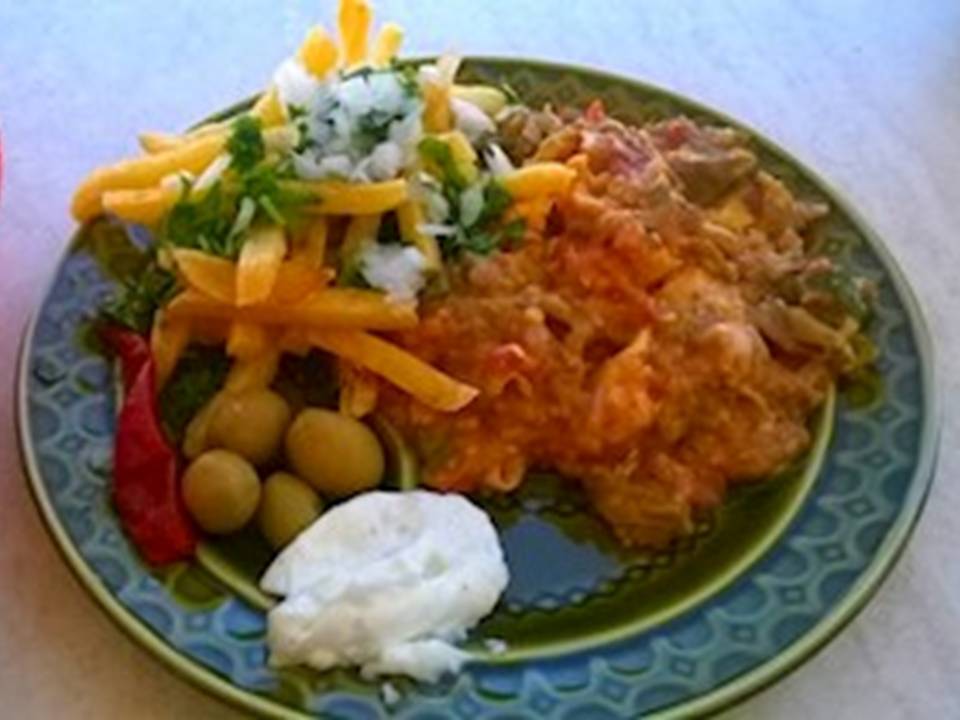
making Houria either a mild, flavourful salad or a spicy, tongue-tingling experience.
Served as a Starter or a Side Dish
Houria is typically served as a starter or a side dish, often accompanied by warm crusty bread. Its vibrant orange colour and the contrast of flavours make it an appealing addition to any meal. This salad can be enjoyed both warm and cold, making it suitable for various occasions and seasons.
In Tunisian culture, Houria is more than just a salad; it’s a representation of the country’s ability to create something extraordinary from simple, humble ingredients. Whether enjoyed in a traditional meal or as part of a modern spread, Houria captures the essence of Tunisian cuisine—bold, flavourful, and deeply rooted in tradition.
Here’s a simple recipe for making Houria, the traditional Tunisian carrot salad
Ingredients:
4 large carrots (peeled and chopped)
2 cloves garlic (minced)
2 tablespoons olive oil
1-2 teaspoons harissa paste (adjust to taste)
1 teaspoon ground cumin
1 teaspoon ground coriander
Juice of 1 lemon
Salt and pepper (to taste)
Fresh parsley (chopped, for garnish)
Black olives or capers (optional, for garnish)
Instructions:
Cook the Carrots: Place the chopped carrots in a pot of salted water. Bring to a boil and cook until they are tender, about 10-15 minutes.
Drain the carrots and let them cool slightly.
Mash or Chop the Carrots: Once cooled, you can either mash the carrots with a fork or potato masher for a smoother texture or finely chop them for a chunkier salad.
Prepare the Dressing: In a small bowl, mix the minced garlic, olive oil, harissa paste, cumin, coriander, lemon juice, salt, and pepper. Adjust the amount of harissa according to your spice preference.
Combine Ingredients: Pour the dressing over the mashed or chopped carrots. Stir well to ensure the carrots are evenly coated with the dressing.
Garnish: Transfer the salad to a serving dish. Garnish with chopped parsley, and add black olives or capers if desired.
Serve:
Houria can be served warm or chilled. It pairs well with crusty bread and can be enjoyed as a side dish or appetizer.
Tips:
Adjust Spice Level: If you’re sensitive to spice, start with a small amount of harissa and gradually add more until you reach your preferred level of heat.
Make Ahead: Houria can be made a day in advance. The flavours meld together beautifully when it sits for a while.
Enjoy this flavourful and vibrant Tunisian salad as part of your meal!
